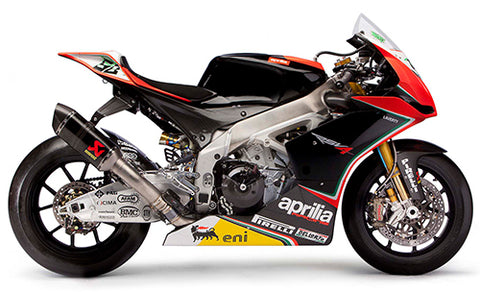Introduction

As a supplier serving the automotive/motorsports industry, we only sell Grade 5 titanium. However, we're often asked about the different grades available, and their advantages and disadvantages. This article will guide you through the different grades of titanium, their typical uses, and the pros and cons associated with each.
Grade 1 Titanium
Uses: Grade 1 titanium is the softest and most ductile grade, often used in applications that require a high degree of formability. It's commonly found in architectural designs, chemical processing plants, and marine environments.
Advantages
- Excellent corrosion resistance
- High impact toughness
- Maximum formability and ease of fabrication
Disadvantages
- Lower strength compared to other grades
- Not suitable for high-strength applications
Grade 2 Titanium

Uses: This type of titanium has a lower density rating making it useful for applications where low weight is a primary consideration. It is often used in the marine, chemical, and desalination industries.
Advantages
- Good strength-to-weight ratio
- Strong corrosion resistance
Disadvantages
- Higher cost than some other industrial metals
- Requires precise machining techniques
Grade 3 Titanium
Uses: With higher mechanical strength, Grade 3 is utilised in robust structures, such as airframe components, cryogenic vessels, and outdoor piping systems.
Advantages
- Greater strength than Grades 1 and 2
- Retains good ductility
- Resistant to fatigue and crack propagation
Disadvantages
- Less formable than Grade 1
- Can be more expensive due to its enhanced properties
Grade 4 Titanium
Uses: This is the strongest of the commercially pure titanium grades. It is frequently used in aerospace, industrial and medical applications where high strength is a priority.
Advantages
- Highest strength of the unalloyed grades
- Excellent corrosion resistance
- Good weldability
Disadvantages
- Reduced formability
- Requires advanced machining techniques
Grade 5 Titanium (Ti 6Al-4V)
Uses: Grade 5, or Ti 6Al-4V, is the most commonly used titanium alloy. It finds its place in high-performance applications such as aerospace, medical implants, and high-speed vehicles.

Advantages
- Exceptional tensile strength
- Good thermal stability
- Excellent resistance to fatigue and crack growth
Disadvantages
- More difficult to weld and machine
- More expensive than pure titanium grades
Grade 7 Titanium
Uses: This grade offers superior corrosion resistance, making it suitable for chemical processing, energy production, and desalination plants.
Advantages
- Outstanding corrosion resistance in reducing and oxidizing environments
- Similar mechanical properties to Grade 2
Disadvantages
- Relatively rare, which can increase costs and lead times
- Similar to Grade 2 in terms of strength limitations
Grade 9 Titanium (Ti 3Al-2.5V)
Uses: This alloy is used in applications that require higher strength than pure titanium can provide, such as in sporting goods, automotive tubing, and marine hardware.
Advantages
- Higher strength-to-weight ratio than pure titanium grades
- Good weldability and corrosion resistance
Disadvantages
- More costly than pure grades due to vanadium and aluminum content
- Limited availability compared to Grade 5
Grade 12 Titanium
Uses: Grade 12 is often used in chemical processing due to its enhanced ability to withstand extreme temperatures and corrosive materials.
Advantages
- Excellent heat resistance
- Better corrosion resistance than some stainless steels
Disadvantages
- Higher cost due to the addition of nickel and molybdenum
- Not as strong as Grade 5
Conclusion
Selecting the right grade of titanium is paramount for ensuring optimal performance and longevity of the application it serves. Each grade of titanium offers a unique set of advantages and disadvantages, from superior corrosion resistance and formability to unparalleled strength and heat resistance. Grade 5 is the type best suited to most automotive applications and is the grade offered by RSR Moto and other quality suppliers.
Paul Jordan, RSR Moto Ltd, 2023.

